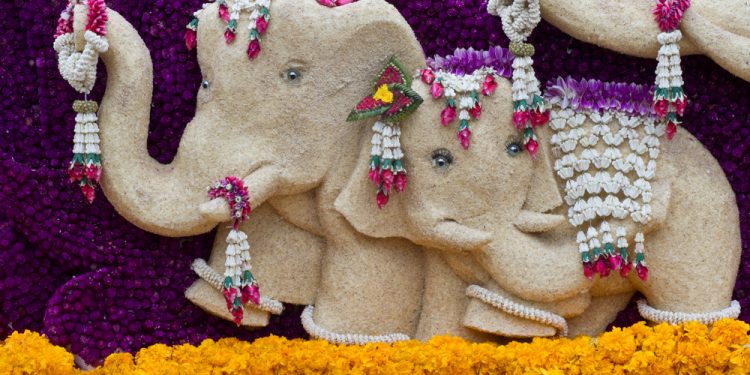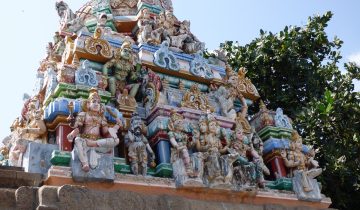Rohith Vemula And The Ugly Side Of Indian Institutions

Background Of The Incident:
On January 18, Rohith Vemula, a 26-year old research scholar at the University of Hyderabad, committed suicide on the college premises by hanging himself. He was one of the five Dalit students, who had been protesting against their expulsion from the university’s housing facility. Vemula was also denied his monthly stipend of twenty five thousand rupees, after he frequently protested and raised issues under the college’s Dalit students’ wing.
This Is Not The First Time:
While his friends described him as ‘studious’, ‘technocrat’ and ‘someone who hardly spoke’, Rohith Vemula changed after taking admission to the University of Hyderabad, on witnessing the prejudice against lower caste students. He had been a part of the Students’ Federation of India (SFI), but quit due to the prevalent caste discrimination. He then switched to the Ambedkar Students’ Association(ASA). Last year, he and a few students had raised their voices against the execution of Yakub Memon. They also preached about the ban on the screening of a film relating to the Muzaffarnagar riots, by the Akhil Bhartiya Vidyarthi Parishad(ABVP), the students’ wing of the BJP. This destroyed Vemula’s reputation, leading to ostracization, isolation and ultimately, death.
Contradicting Statements Surrounding Vemula:
There are various conflicting statements regarding Rohith Vemula. First, the police say that even though he belongs to a lower caste, he is not Dalit. And second, he has had three cases filed against him. One of the cases had been filed by a Mr. Kumar, saying that five Dalit students, including Vemula, had physically assaulted him, though his medical report stated otherwise. The other two had been lodged by the ABVP, and Vemula/his friends were dubbed as ‘goons’ and ‘anti-national’, leading things to take an ugly turn.
Does Caste Discrimination Still Exist?
Caste discrimination is still prevalent in the Indian society. While Ambedkar had proposed reservations for lower castes in government jobs and institutions, this has now become a topic of controversy. There is hatred among people of the higher castes or those belonging to the general category, as they feel that the seats they deserve in premier educational institutions are being snatched away by lower caste people, despite scoring a lot lower.
What Can We Do?
The problem of caste discrimination will not end with Rohith Vemula’s death. This shows how prevailing caste hierarchy must end. If this does not happen we cannot expect prejudices to end. Caste discrimination in educational institutions also defeats the purpose of education, which everyone is entitled to, irrespective of socio-economic strata. The purpose of educational institutions should only be to educate in order to produce individuals who treat fellow citizens with equality, rather than promoting their own propaganda.
[Image Attribute: Shutterstock]



